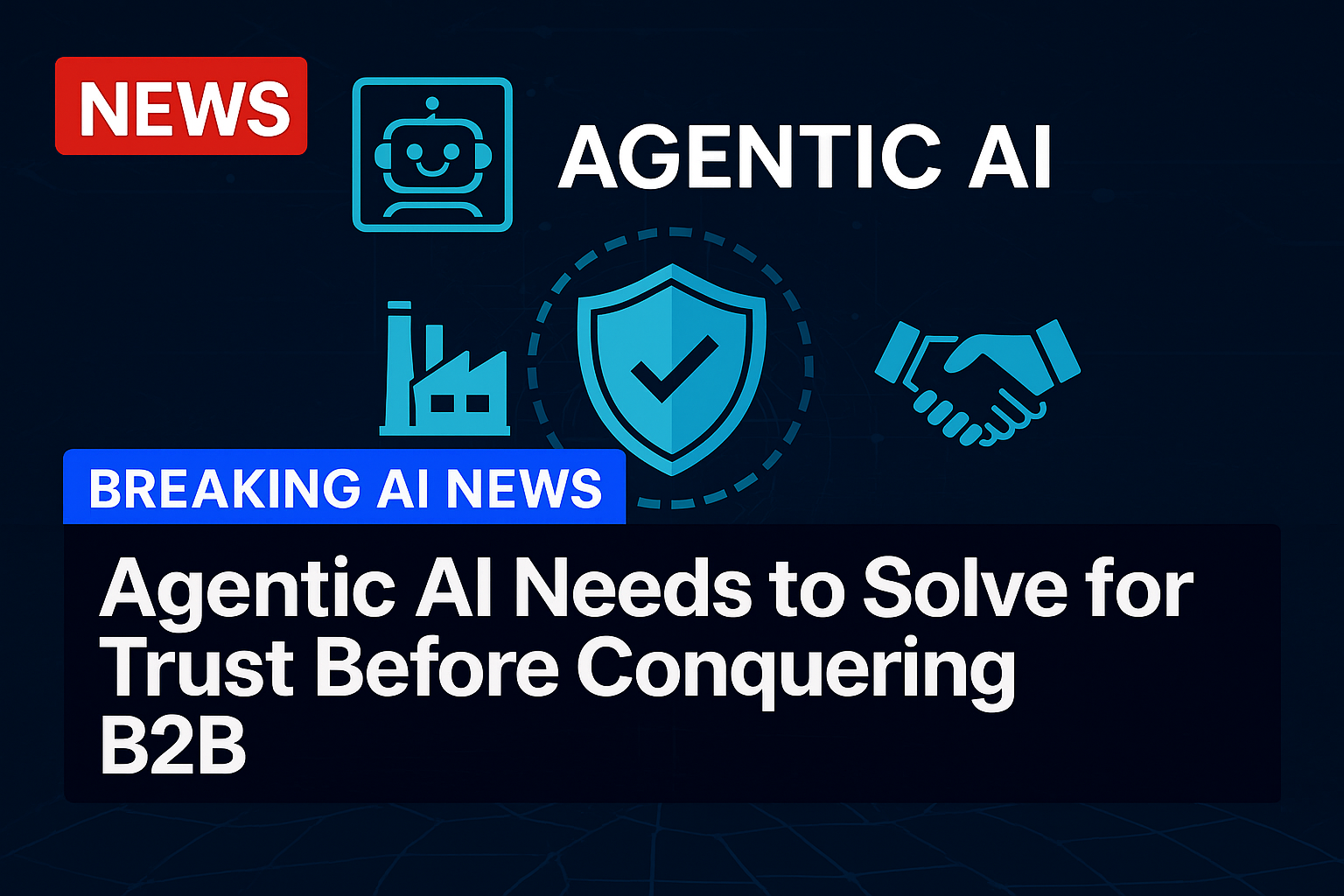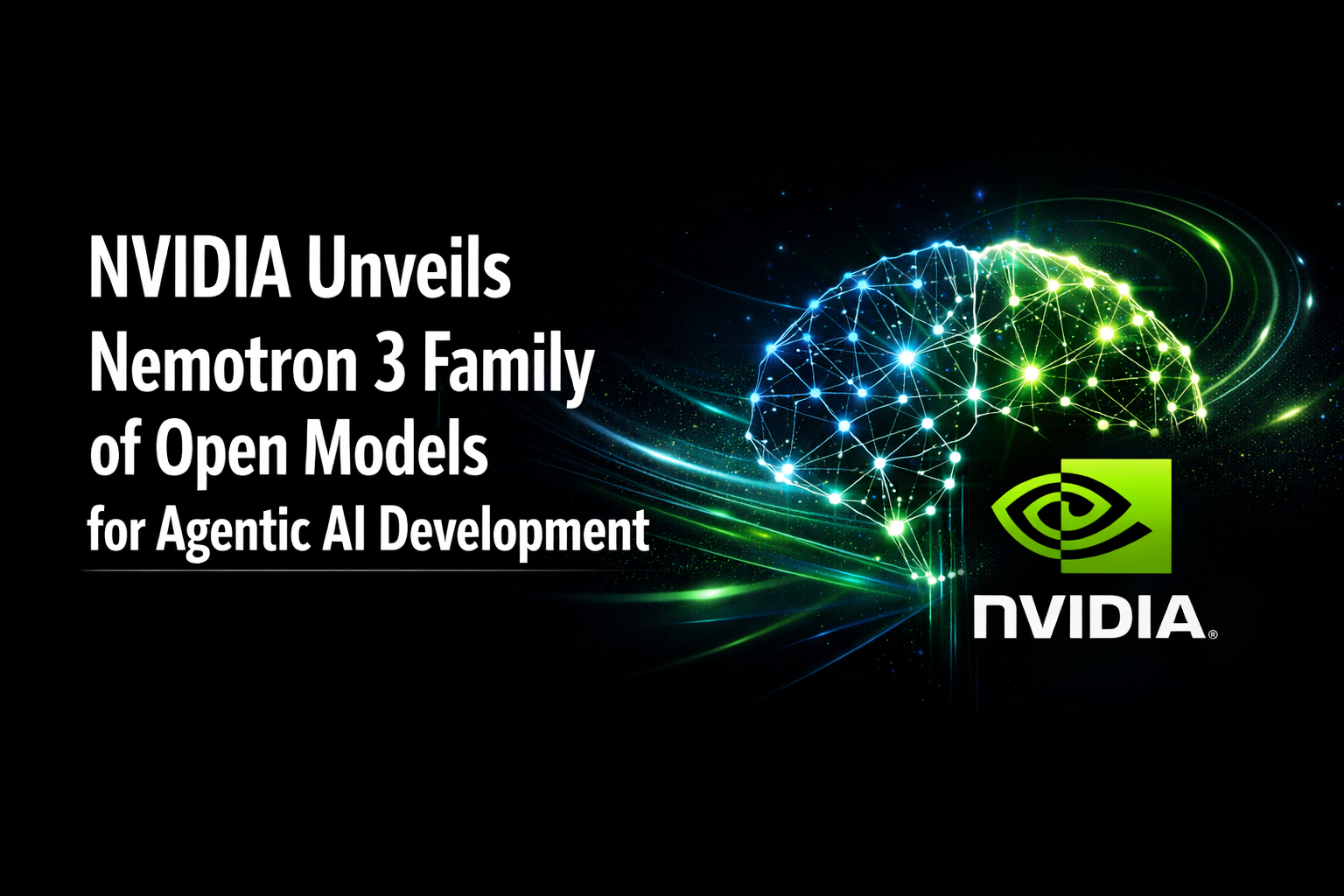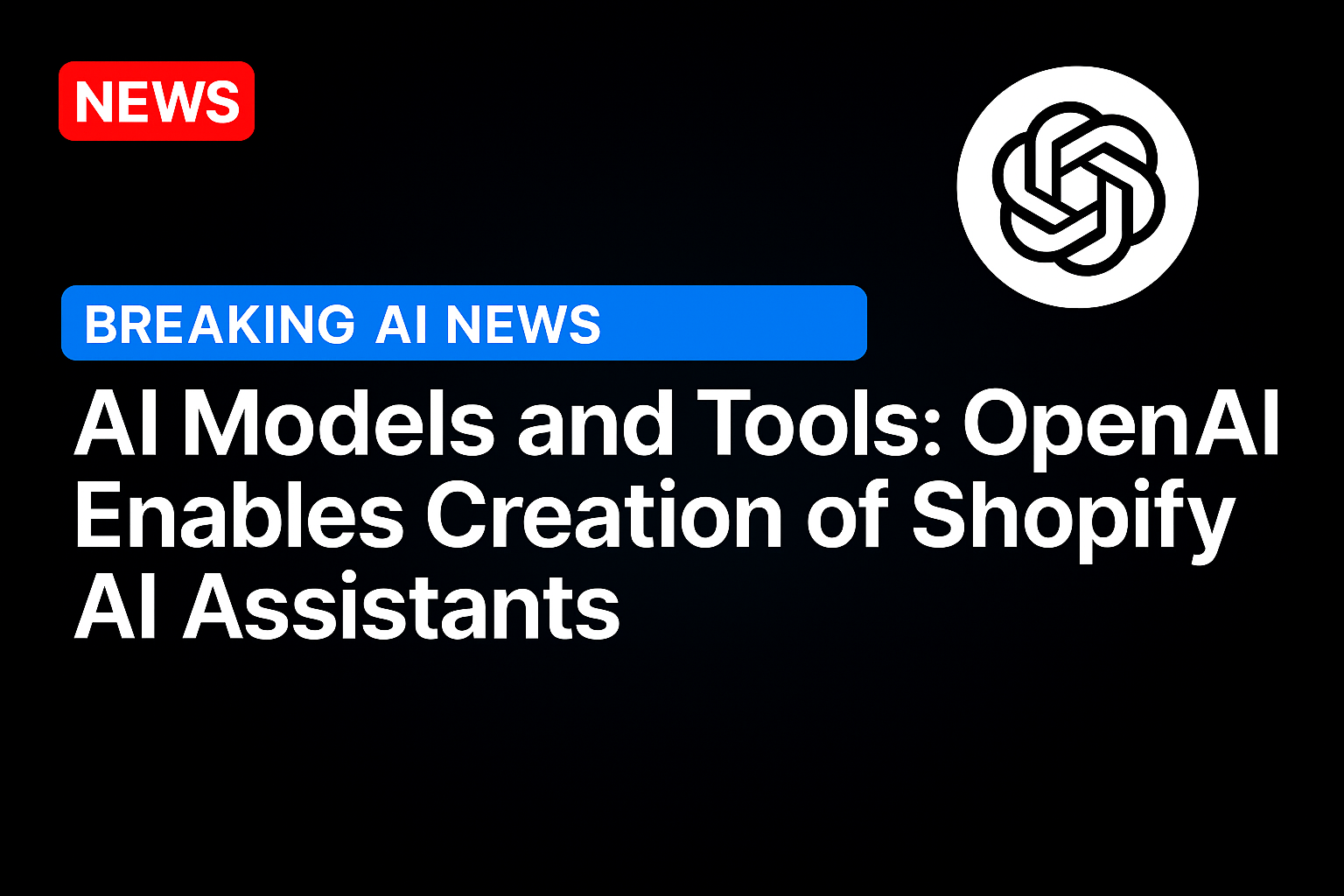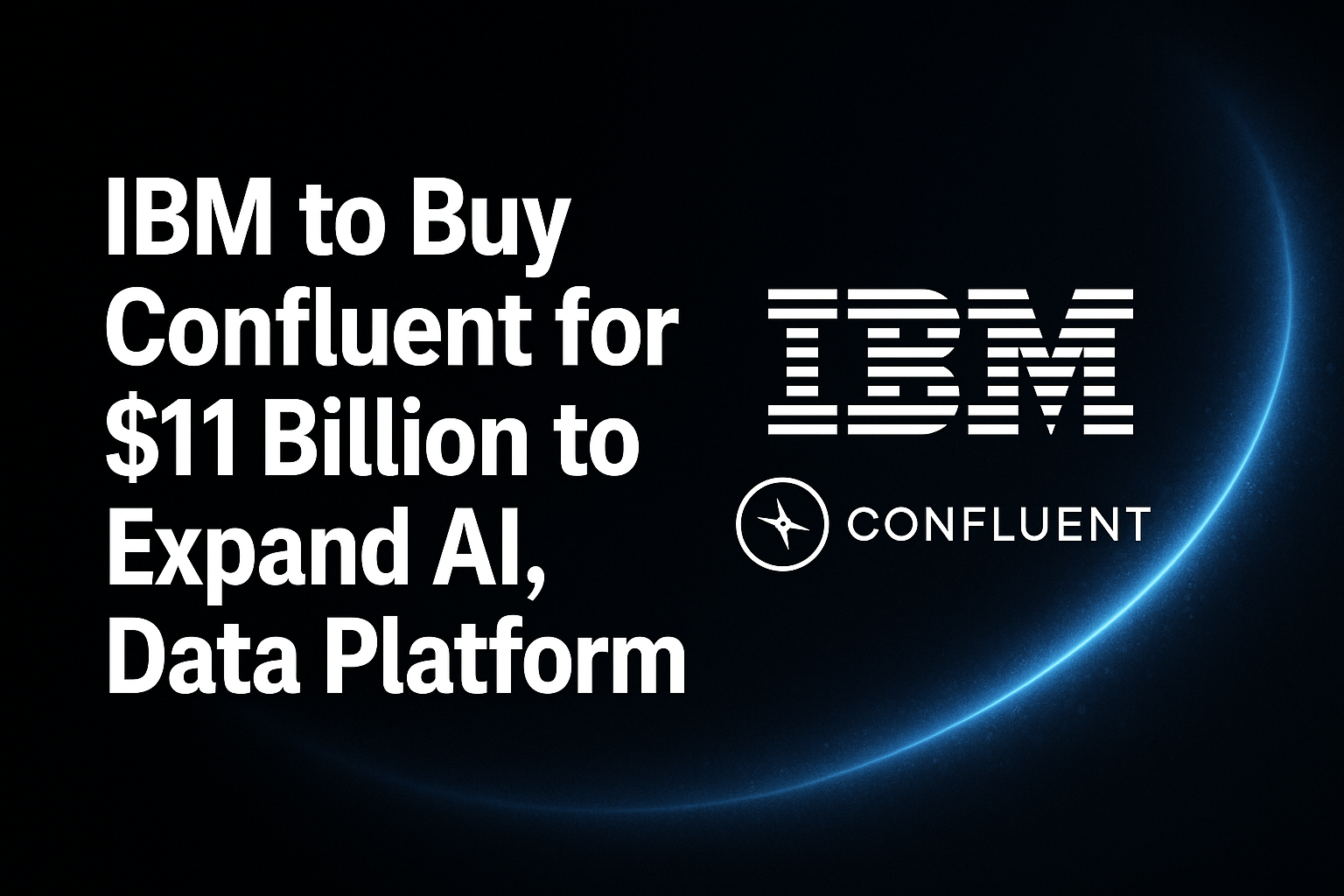Agentic AI, the next evolution beyond generative AI (GenAI), is making waves in the B2B sector by not just generating content but autonomously executing tasks. These AI agents can handle complex processes like sales outreach, procurement, and payment operations without human intervention. However, their rise brings forth a critical challenge: establishing trust in environments where relationships and accountability are paramount .pymnts.com
The Trust Imperative in B2B
B2B ecosystems thrive on deep-rooted trust, built over time through human interactions, service level agreements, and consistent performance. Introducing autonomous AI agents into this mix raises concerns. Unlike consumer markets, where minor AI missteps might be tolerated, B2B transactions often involve significant stakes. A misjudgment by an AI agent—like an erroneous procurement decision or a miscommunication with a key client—can have cascading effects, potentially disrupting entire operations .
Balancing Autonomy with Oversight
While the efficiency and scalability of agentic AI are undeniable, complete autonomy isn’t the immediate answer for B2B applications. Instead, a hybrid approach is emerging as the preferred model. In this setup, AI agents handle routine, well-defined tasks, while humans oversee strategic decisions and handle exceptions. This balance ensures that the benefits of AI are harnessed without compromising the trust and reliability that B2B relationships demand .
Building Trustworthy AI Systems
To integrate agentic AI effectively into B2B operations, companies should consider the following strategies:
- Transparent Decision-Making: Ensure AI agents can explain their actions and decisions, allowing human counterparts to understand and trust their operations.
- Robust Governance: Implement clear policies and oversight mechanisms to monitor AI activities and intervene when necessary.
- Gradual Integration: Start with pilot projects in low-risk areas to assess AI performance and build confidence before scaling up.
- Continuous Learning: Regularly update AI systems based on feedback and changing business environments to maintain relevance and accuracy.
By addressing the trust deficit proactively, businesses can pave the way for agentic AI to become a valuable partner in B2B operations, enhancing efficiency while preserving the integrity of crucial business relationships .
Source: https://www.pymnts.com/





